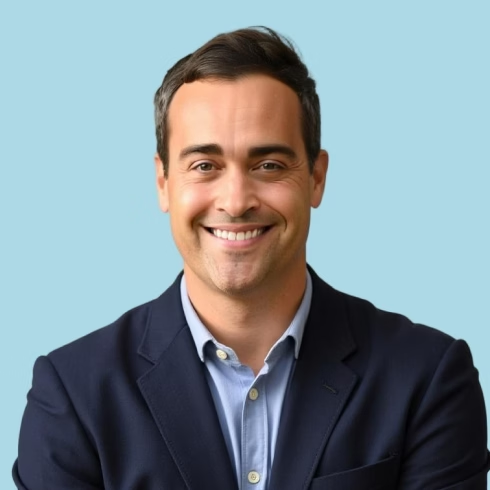

Although AI is changing the rules on how things get done in all industries, for Peter Kang, it's not something to be scared about. He's fully embraced it and is adopting new ways to create. In this week's episode, Tammy is joined by Peter, a former creative leader at several global agencies and constant innovator, to talk about maintaining vulnerability in the face of change.
Peter had a very non-traditional journey into the creative industry, and he emphasizes the importance of continuous reinvention in business and in our personal lives. He shares how he started a digital creative agency in his 20’s, taking on multiple roles and learning a lot of lessons, which formed a solid foundation for understanding how to work in this world.
Peter and Tammy discuss:
- Why reinvention is the key to staying relevant in the evolving world of creativity and technology.
- How Generative AI will redefine creative industries and what businesses can do to stay competitive.
- Why human-centered design is crucial for effectively leveraging emerging technologies.
They also chat about the need for businesses to move beyond experimentation and define clear, tangible outcomes that AI can provide.
Listen to the full episode to learn more about the changes we can expect from AI and the keys to preparing ourselves for the future.
Please note that the views expressed in this episode may not necessarily be those of NTT DATA.





